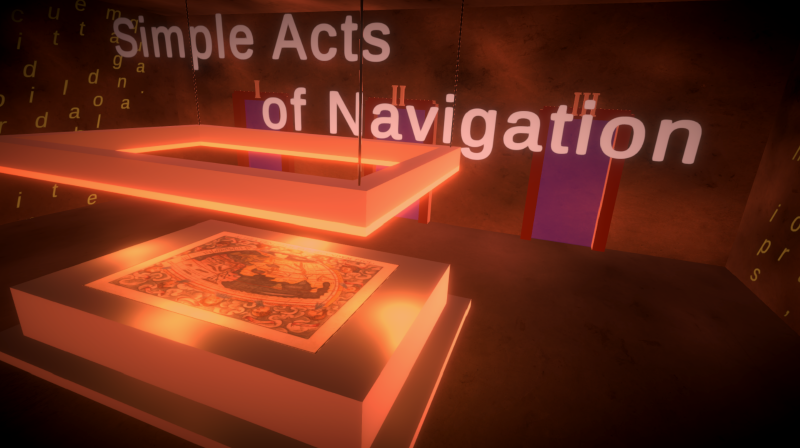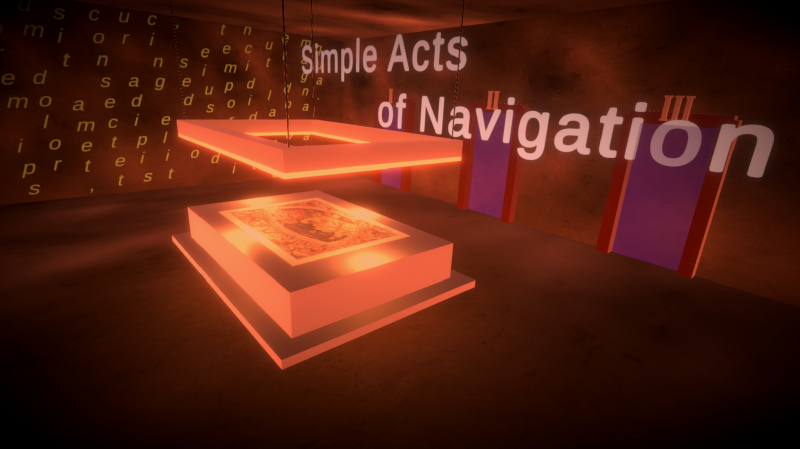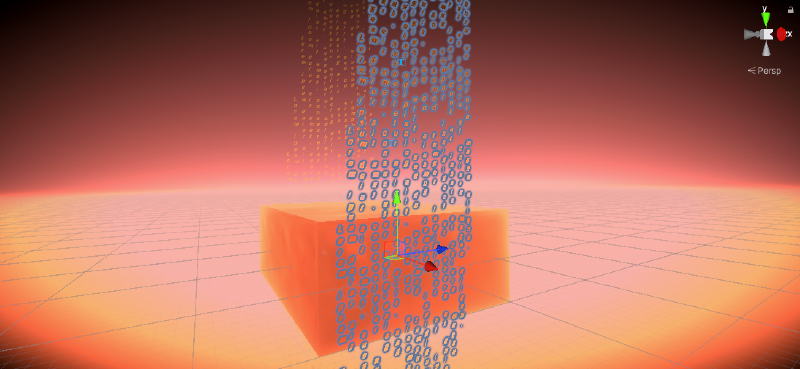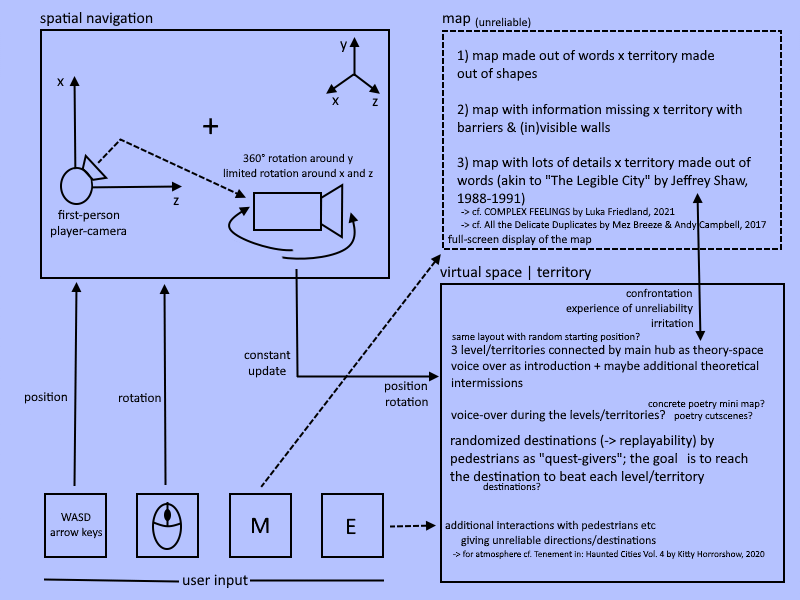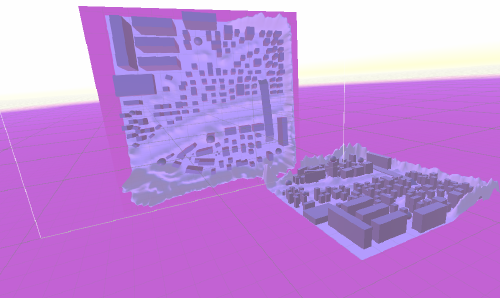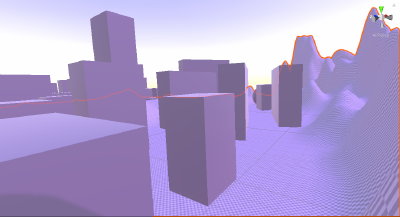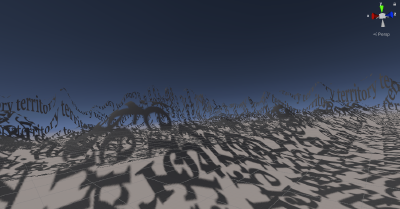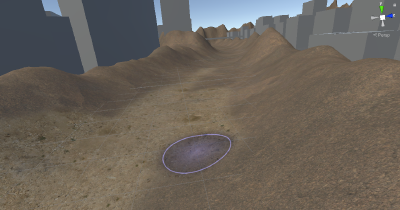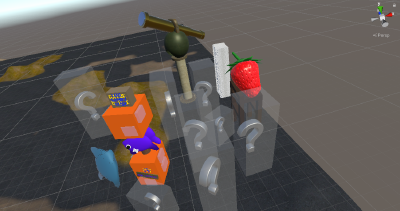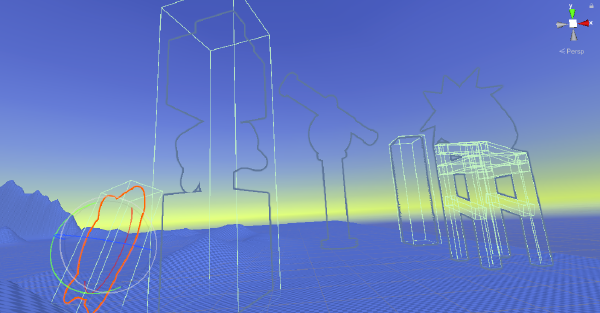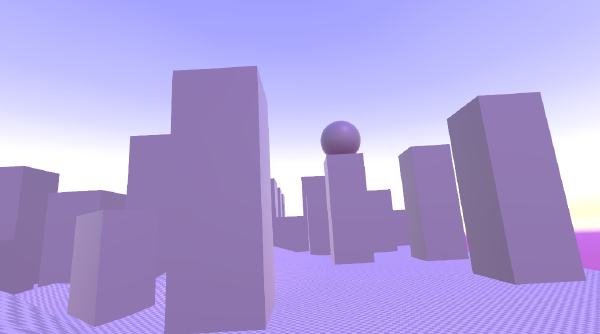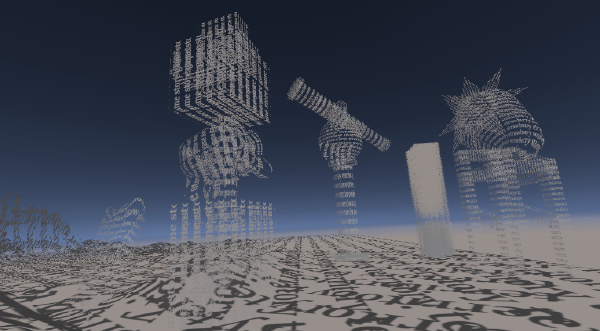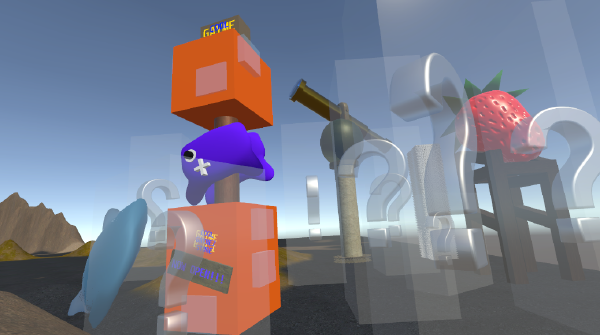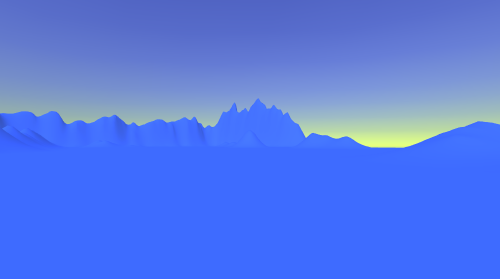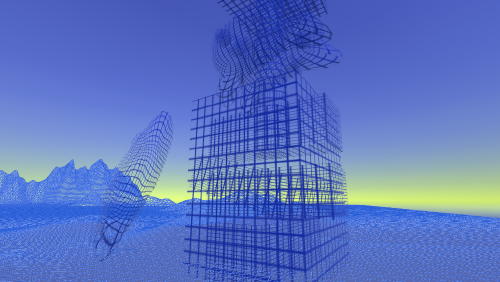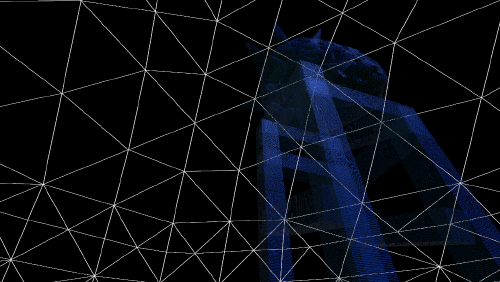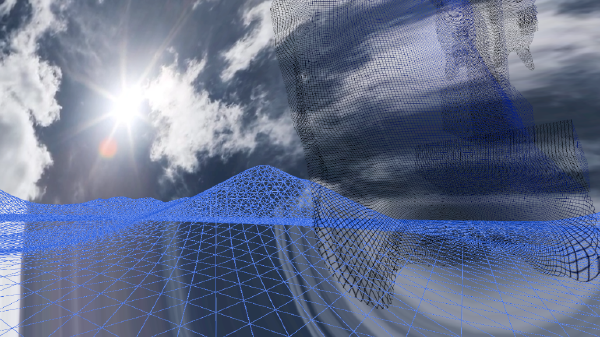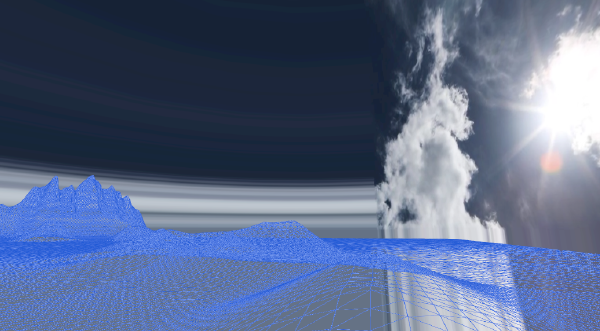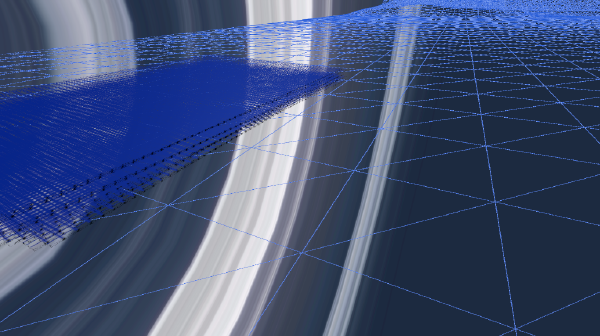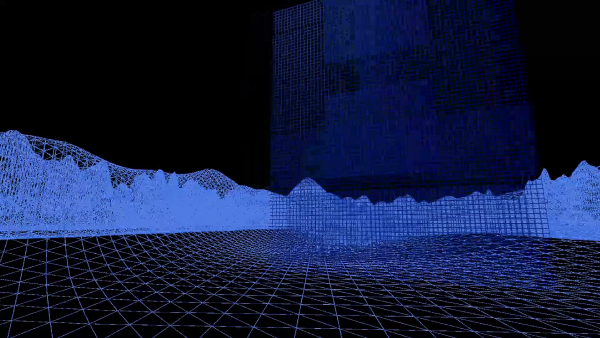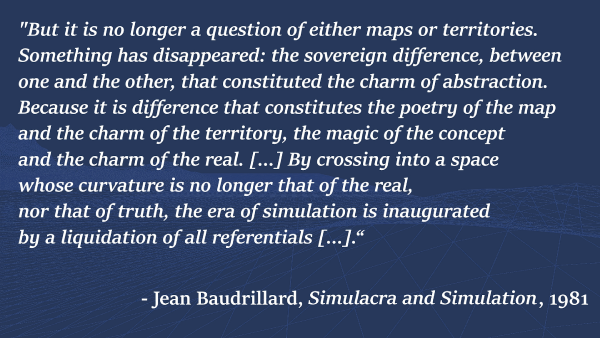GMU:Maps, Territories and Possibility Spaces/Luka Friedland: Difference between revisions
m (formatting) Tag: 2017 source edit |
m (video links changed) |
||
| Line 20: | Line 20: | ||
[[Image:Simple_acts_of_navigation_luka_friedland_diagram_input_output.png]] | [[Image:Simple_acts_of_navigation_luka_friedland_diagram_input_output.png]] | ||
== [ | == [https://www.youtube.com/watch?v=k2g348gMKcA work in progress video, 11th July 2023] == | ||
| Line 54: | Line 54: | ||
== [https://www.youtube.com/jdHrv8mjp6U work in progress video, 26th September 2023, showing the introductory area with wireframe shaders] == | == [https://www.youtube.com/watch?v=jdHrv8mjp6U work in progress video, 26th September 2023, showing the introductory area with wireframe shaders] == | ||
Latest revision as of 19:01, 9 March 2024
Simple Acts of Navigation (WT) is a digital game/interactive media artwork, in which the player is given a map and is tasked with reaching certain destinations in a virtual space, which comes in three different levels/test arrangements. The map, which is usually a reliable source of information within digital games, acts here as unreliable and confusion-invoking. Simple Acts of Navigation questions the dependency that especially contemporary Open World Games instill between player and map markers and searches for different approaches towards this relationship between map, territory and player. This digital game/interactive media artwork foregrounds the usually unquestioned mediality and artificiality of the map and highlights its flaws and its failures to represent space.
first prototype
diagram showing input, processing and output
work in progress video, 11th July 2023
work in progress screenshots of the same spot at four different territories
these screenshots show the same camera angle at the same position over different territories. it might give an impression of what i am aiming for. other screenshots that i found to be visually interesting can be seen on the right side.
territory 0: the opening tutorial/prologue area
territory 1: abstracted shapes
territory 2: textured with words
territory 3: fully fleshed-out models with textures
work in progress video, 26th September 2023, showing the introductory area with wireframe shaders
I am using github user Chaser324's Unity Wireframe Shaders here, and also my own textures and materials.
Bibliography
This essay-game was originally developed as an entry to the Critical-Creative Philosophy Jam 2022, for which I unfortunately missed the deadline by far, based mainly on Jean Baudrillard's Simulacra and Simulation. I am in the process of writing a more extensive essay about maps in games that is part of this project, as quotes are displayed and theoretical input/narration is given at certain points. This bibliography includes, among others:
Aarseth, Espen and Günzel, Stephan (Eds.): Ludotopia: Spaces, Places and Territories in Computer Games. transcript Verlag, Bielefeld 2019.
Baudrillard, Jean (2010): Simulacra and Simulation. Translated by Sheila Faria Glaser. The University of Michigan Press, Ann Arbor 2010 [1981/1994].
Bareither, Christoph (2016): Gewalt im Computerspiel: Facetten eines Vergnügens. [Dissertation in the Department of Empirical Cultural Studies at the University of Tübingen] transcript Verlag, Bielefeld 2016.
Bippus, Elke (2005): Landschaft – Karte – Feld. Felder zeichnen. Frauen.Kultur.Labor Thealit, Bremen 2005.
Burrill, Derek A. (2008): Die Tryin’: Videogames, Masculinity, Culture. Peter Lang Publishing, New York et al. 2008.
Günzel, Stephan (2012): Egoshooter: Das Raumbild des Computerspiels. Campus Verlag, Frankfurt am Main and New York 2012.
Günzel, Stephan (2016): Krieg im Computerspielraum – zwischen analoger und digitaler Navigation. In: Strouhal, Ernst (Ed.): Agon und Ares. Der Krieg und die Spiele. Campus Verlag, Frankfurt am Main and New York 2016. pp. 329-344.
Müllner, Leonhard (2022): Fahnenflucht aus Digitalem Kriegsgebiet. [Dissertation at the University of Art and Design Linz] In: www.totalrefusal.com. URL: https://totalrefusal.com/media/pages/publications/fahnenflucht-aus-digitalem-kriegsgebiet-phd/3f077a5096-1686932844/fahnenflucht_phd_muellner.pdf [17.09.2023, 20:24].
